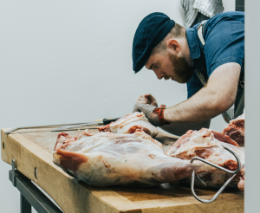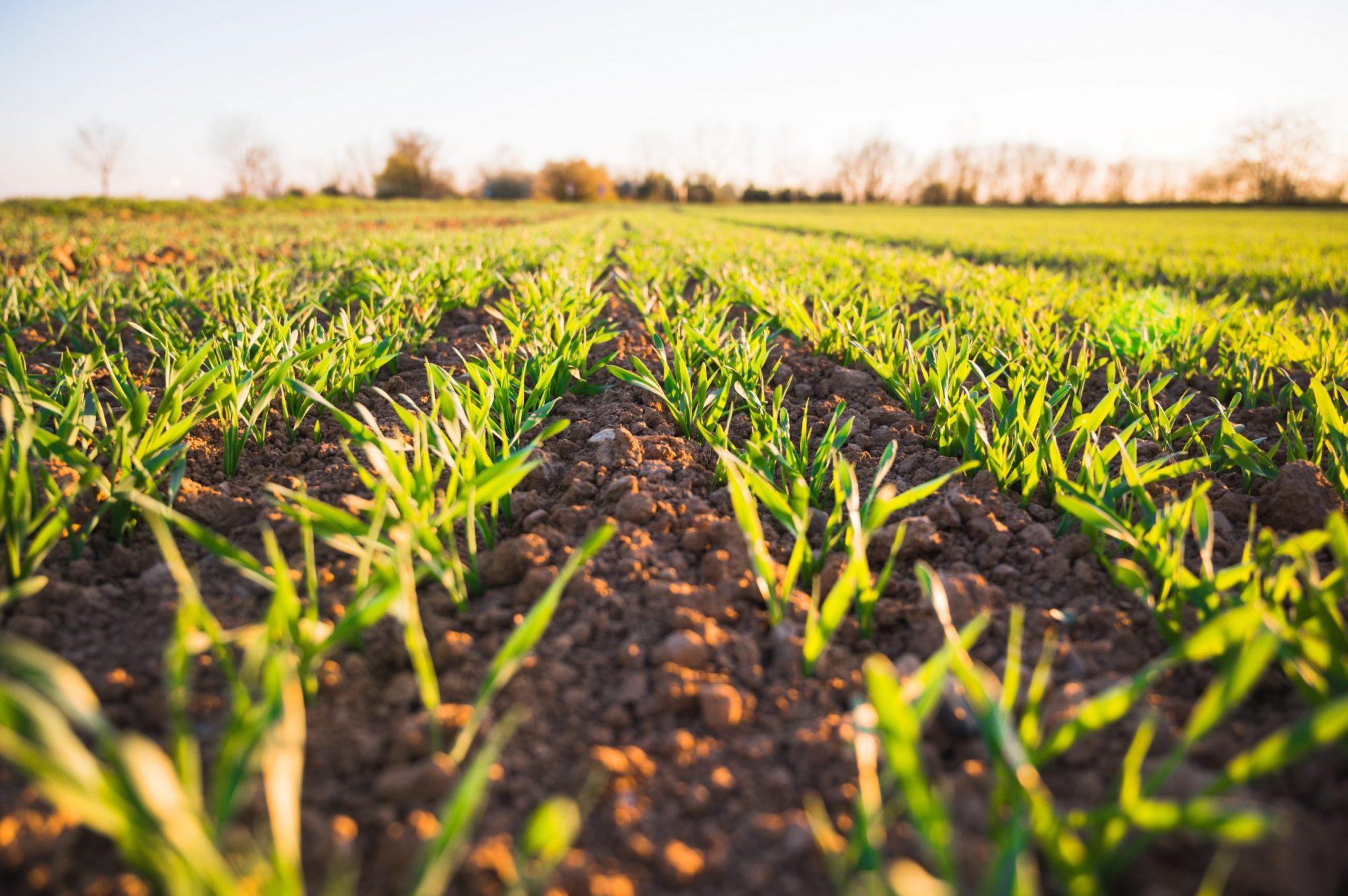WHEN IT COMES TO BUYING FRESH PRODUCE, MORE AND MORE OF US ARE AWARE OF THE IMPACT THAT PUTTING FOOD ON OUR PLATES HAS ON OUR PLANET. EATING SUSTAINABLY CAN MEAN DIFFERENT THINGS TO DIFFERENT PEOPLE.
But ultimately, it’s about an awareness of where our food comes from, how it’s produced, and what impact that has on the environment. From buying odd-shaped vegetables that would have gone to waste, choosing pole & line-caught fish, and opting for recyclable or reusable packaging options. There are lots of better choices you can make. But when it comes to meat, what should you be looking for if you’re trying to eat more sustainably? How can you feel more comfortable that your choices are helping to reduce the impact on our planet?
OUR SUSTAINABLE FARMING METHODS
Well, it’s important to remember that there is no set definition of sustainable farming. There is instead a range of ways that we (and other UK farmers) can produce crops and meat in a more sustainable way. Here in the fields of the Usk Valley, we’ve got over 200 acres of farmland that have been in the family for more than 60 years. And sustainable farming isn’t something new for us. In fact, a lot of the ways we farm now are traditional methods. Methods that care for, and make the best use of, the land and space we have been given. And that respect nature, the local area, and the changing seasons. Things like…
IMPROVING SOIL QUALITY
– Cleverly rotating crops such as spring barley, grass, wheat, and maize, throughout the year to keep a cycle of rich nutrients in the soil.
– Planting clover to increase nitrogen levels in the soil to help the next crop to grow stronger naturally.
– Growing crops for shorter periods so they don’t build a resistance to pests which would then require chemicals to resolve.
RESPECTING THE NATURAL SURROUNDINGS
– Replanting hedgerows and keeping space between them and our fields meaning local wildlife can flourish.
– Protecting our Oak and Beech trees around the farm that provide natural shade for animals and reduce CO2 in the air.
– Keeping food miles low by using our mixed crops to provide a balanced diet for our animals. And transporting in as little as we can.
AVOIDING WASTE
– Harvesting rainwater for our cattle to drink.
– Using organic manure (from our cattle) to replenish the soil ready for further crop growth.
– And using our experience to select the best breeds, diet, and cuts to yield as much of the animal as possible.
A MORE SUSTAINABLE FUTURE
As farmers and butchers, we’re continually learning new ways to develop and adapt the way we produce and sell our meat. We’re mindful of the journey each piece of meat makes from our farm to your plate.
“MANAGING LAND IN A SUSTAINABLE WAY IS A FUNDAMENTAL RESPONSIBILITY OF THE MODERN-DAY FARMER. BRITISH BEEF PRODUCTION BOASTS A CARBON FOOTPRINT OF JUST HALF THE GLOBAL AVERAGE AND REFLECTS THE HUGELY IMPORTANT WORK OUR FARMERS ARE PUTTING IN DAY-BY-DAY TO RESPECT THE LAND AND CONTINUE TO PRODUCE THE FOODS WE ENJOY EATING.”
Sean Willis – MD, Douglas Willis
That’s why we’re looking ahead and working on projects such as lupin crops to provide our own natural source of protein for animal feed. And more recyclable packaging options that mean your meat arrives safely but more responsibly. Choosing to buy meat from a farm-to-table butcher doesn’t just mean getting better quality meat. It’s also a step in the right direction regarding living more sustainably.
SHOP NOW





